The PokerStars Conspiracy Theory
8 years ago
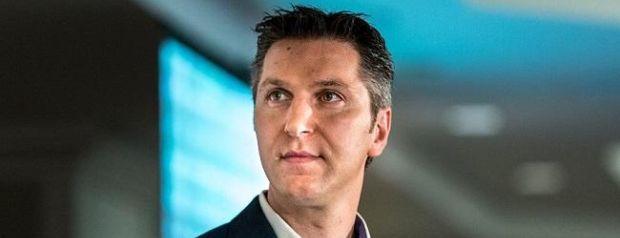
04 Dec
The villains from James Bond movies traditionally plot and scheme their way to world-domination, every seemingly-innocuous move being part of a grand strategy to allow them to sit and stroke the white cat as the bit-players in their game unwittingly fall into line.
David Baazov may not have that purring feline on his lap, but his mind works in exactly the same way as that of the caricatured Bond-baddie – with a deviousness and drive which has taken him from sleeping on Montreal’s park-benches all the way to the pinnacle of the poker industry as the potential new head of PokerStars.
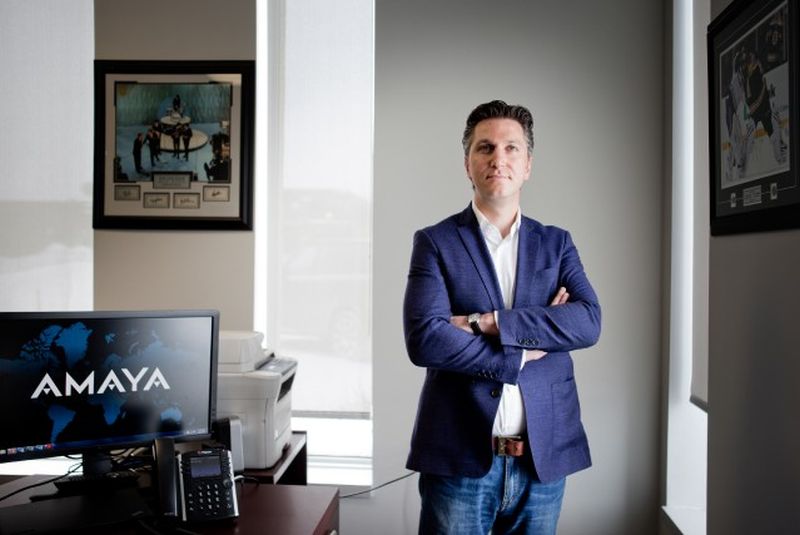
A cunning plan?
Baazov’s rise to power within PokerStars parent group Amaya is a story which has been told several times, but the underlying possibility that his every move was all part of a well-planned and expertly executed strategy – rather than a series of fortunate (and occasionally unfortunate) events - is not one which has been given any real credence.
The fact remains, however, that Baazov has overcome all the obstacles which mere mortals have faced and failed at, to somehow turn a penny-stock company called Amaya into a billion-dollar buy-out vessel of PokerStars. And he has somehow sunk the stock so low that his new bid, if successful, will see the $5billion which persuaded the former owners of Stars, the Rational Group, to sell up, into a $3billion purchase just two years on.
That’s $2billion, or $1billion per year, for those who don’t have the mathematical mind which Baazov displayed from an early age.
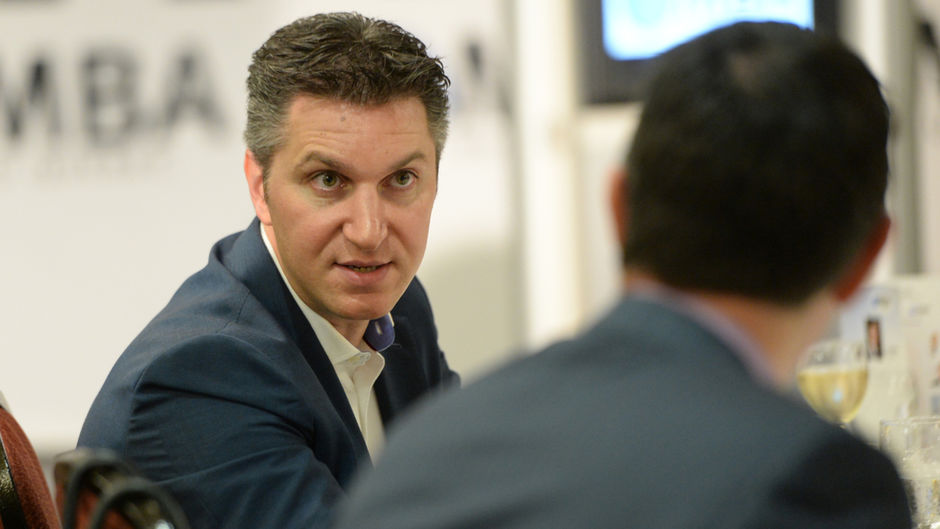
Knockdown and bounceback
It’s difficult to place his current investigations by various financial regulation authorities into a grand scheme. He is facing an Autorite des Marches Financiers (AMF) hearing in Canada, accused of ‘insider trading’ and related offences which carry possible jail sentences of up to five years and financial penalties of $5million.
In addition, his announcement that KBC Aldini Capital Ltd were to be one of four financial backers proved completely unfounded – to say the least – when the firm stated that it had “no involvement whatsoever” in the deal, opening Baazov up to allegations of “potential securities fraud or manipulation claims” as Amaya’s stock fell.
When one door is closed to Baazov, he simply finds a way to unlock a different one, announcing that he has nevertheless managed to secure commitments of $6.7billion for his new bid to buy-out Amaya (including debt) – and with it the ’89 million consumers’ which he valued highest in his bizarre 2014 deal, plus several million more in the interim from the likes of Full Tilt.
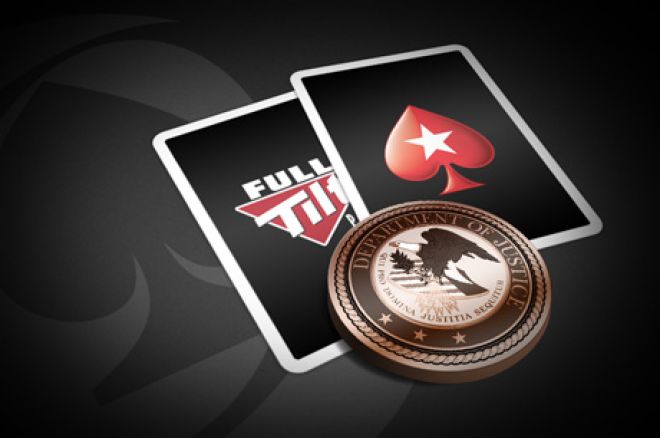
The Long Game?
A bizarre deal why? For many reasons actually.
- Firstly because the owners had no intention of selling up their highly-profitable and world-leading PokerStars child – but somehow Baazov managed to hustle and bustle his way into their minds – eventually offering a deal the Scheinbergs couldn’t refuse, and others couldn’t understand.
- Secondly, as Forbes.com wrote in late 2014, ‘The boldness of what Baazov has pulled off is stunning. Nobody–not even his own executives–thought Baazov could get Amaya, a publicly traded company with $150 million in revenues, to buy Rational Group, an Isle of Man powerhouse with $1.1 billion in revenues and a controversial history, in an all-cash deal that included Rational’s PokerStars and Full Tilt Poker.’
- Persuading Blackstone Group, the world’s biggest private equity firm, to invest $1 billion –‘its biggest-ever financial commitment in a single deal’ – was the third stroke of ‘evil genius’.
Robert Young, a financial analyst at Canaccord Genuity, told Forbes at the time:
"It is an audacious deal that shocked the industry and shocked the people who watch the company. They went out and bought one of the crown jewels of online gaming for $4.9 billion, and their valuation was much less than $1 billion.”
What happened next is well-known to fans and players of the game, PokerStars under Amaya control making wholesale changes which the majority of those in the industry would consider a form of ‘asset-stripping’.
Baazov and his colleagues (in particular Eric Hollreiser) took the poker element of PokerStars and changing it beyond all recognition - rake-increases, player benefit deals reneged on or reversed, games removed and replaced with ‘gambling-style’ substitutes, revolts and strikes being met with hard-nosed indifference and a focus on casino games and other revenue streams, all at the expense of the Scheinbergs much-loved ‘poker players site’.
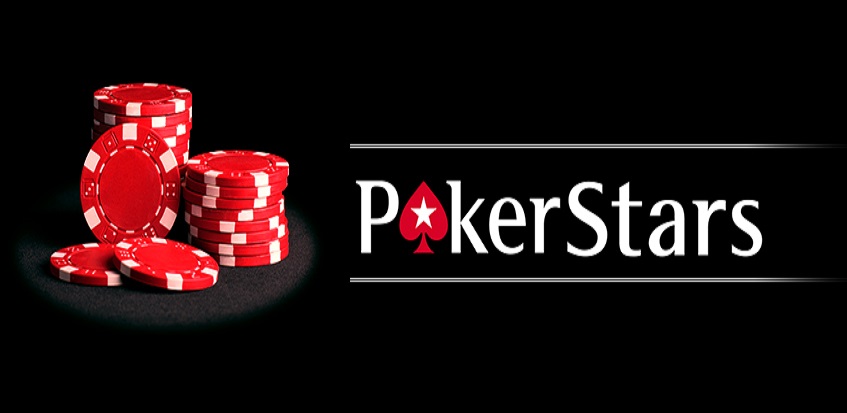
Business is business
Defenders of the new approach are quick to point out that a company exists primarily to make money for its shareholders, not provide a socially-equitable playground for its customers – and with Baazov’s 12.5% stake in Amaya now worth around $800 million it’s clear which side of the fence he sits on.
And despite many not understanding his approach over the past couple of years, reading his business history should give some clues.
‘Running a tiny, publicly traded company, Baazov bought cheap and out-of-favor assets at steep discounts, like Chartwell Technology and Cryptologic, which provided casino-game software to online operators’. So Forbes wrote two years ago – and the scale of his present game is the only real difference between this decade-old strategy and his current masterplan.
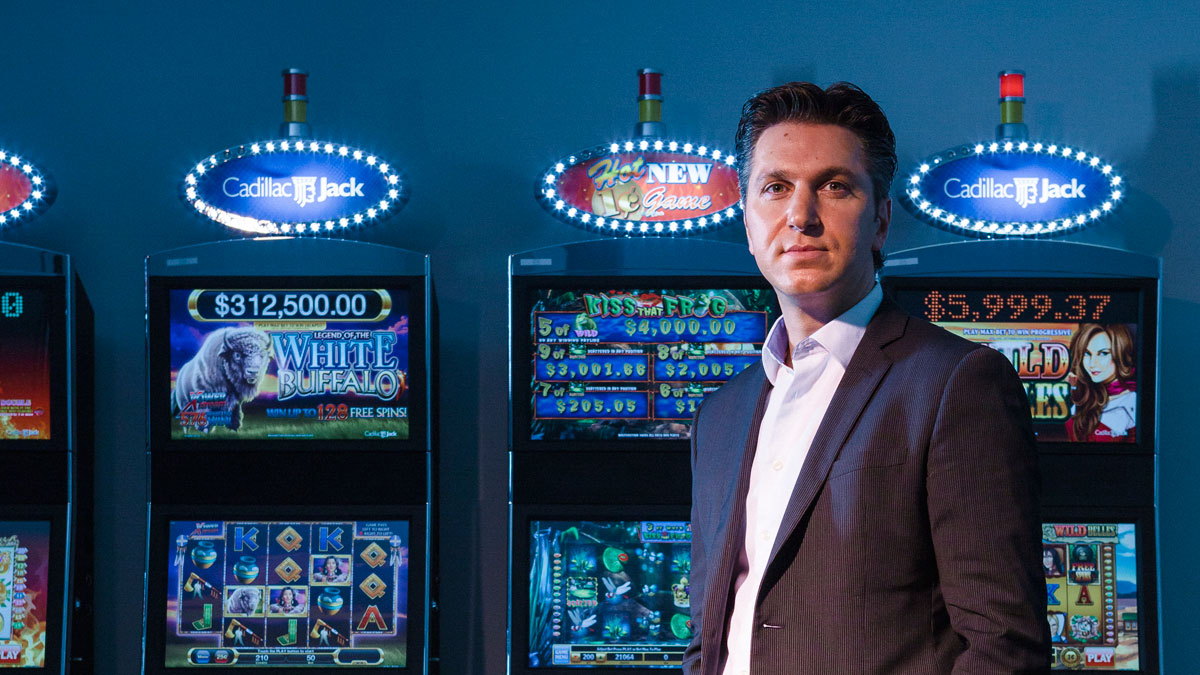
Stroking the Cat
PokerStars is not what it was before – and not even what it was two years ago. And along the way one of its biggest shareholders – David Baazov – has been making money. Lots of money.
- Bids go in for buy-outs and take-overs, share prices rise and Baazov’s bank account goes kerching!
- Problems arise, often from Baazov’s doorstep, share prices fall and Baazov’s plans to make billions improve.
It’s a win-win situation for the ‘Bond villain’, if he can avoid the slow-but-dogged authorities which are showing such interest in his games. “He is the ultimate optimist,” Marlon Goldstein, Amaya’s general counsel, told Forbes two years ago.
"His glass is always half full even when it’s fu**ing crumbling.”
The question for players and fans is – is it a lose-lose situation for poker? Are we also “fucking crumbling” to the tune of a James Bond movie?

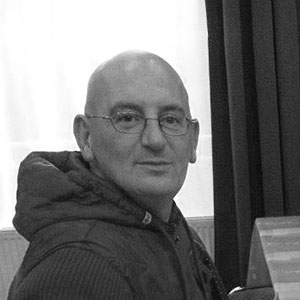




Comments
You need to be logged in to post a new comment